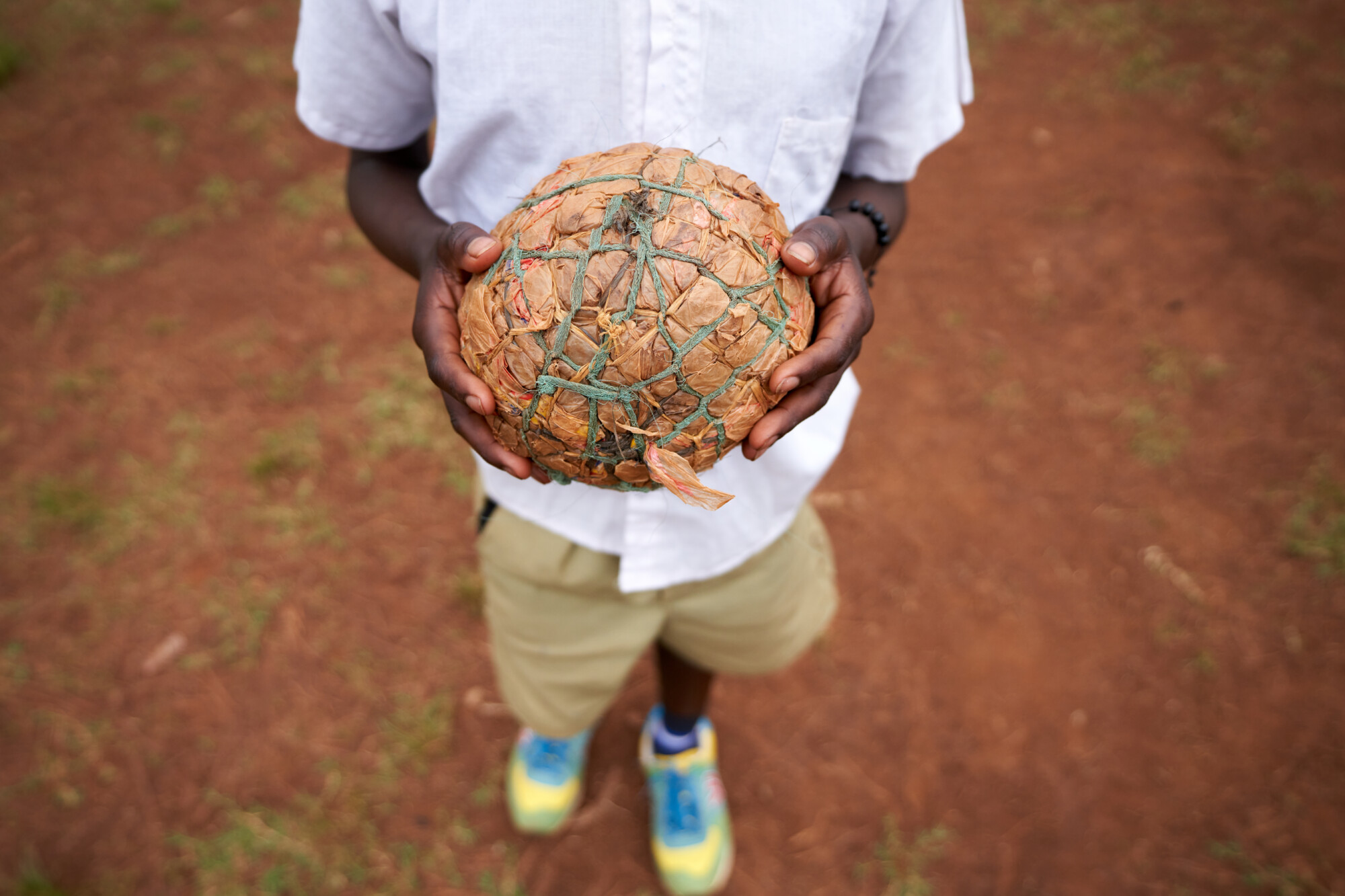
“Street children in Uganda go online to debate inequality with friends all over the world”
Barriers to education, Right to education, Street Connected Children, Technology and education
A project where street children discuss issues with people from other countries is helping to tackle stigma - and is being taken into their own communities.
I am a social worker working with an organisation in the Busoga region of Eastern Uganda called S.A.L.V.E. International. We support children to stop having to live on the streets and we do this through support, love, family reunification and education.
A child living on the streets of Uganda (and any streets in the world) experiences a lot of stigma and negative response from the community.
They tell us how they are called many names, such as “worthless”, “criminals”, “drug addicts”, “waste of space”, “hopeless”, “thieves” “smelling”, and “pig in a bin” children. They find it hard to trust others due to the way they are treated and rarely feel they are listened to.
It is a hard life of constant hard work to get enough money for food to survive. They experience a lot of sexual, physical and mental torture while they are there and are at the forefront of inequality in our society.
Why do children run away to the streets? There are many reasons, including:
- Family breakdown due to death or divorce so the child feels unwanted or may be mistreated by step parents
- Extreme poverty at home i.e. no school fees or enough food so the child searches for something better
- Peer influence and promise of a better life
- Escaping from a feared punishment due to an action carried out at home
- Extreme conditions i.e. war, mud slides, lack of water to grow crops, being a refugee
- Abuse or abandonment at home
The Inequality Question Project
The children here in Uganda love to debate and discuss issues, especially children living on the streets who have been exposed to so many challenging situations in life. They are keen to increase awareness and help people to focus on solutions to create positive change in society.
So we designed a special child safe website called Inequality Question for them to take their debate beyond our drop-in Centre in Jinja to the world.
Every month the children on the streets in Uganda choose a new question around the theme of inequality that they feel they have something important to say on. This is shared on the website and also on Facebook and Twitter (which adult volunteers manage to help to share the views of the children).
People can share their ideas anytime on the written debating forum or they can submit pictures and even video clips to get involved in the debate.
Then on the last Thursday of each month the children go online for two hours live to lead the debate on the current topic with friends all over the world.
They invite contributions from anyone of any age, background and nationality as long as they contribute with respect to others. So far people from over 20 countries have joined in.
I believe social campaigns like this help to empower children to not only acknowledge inequality issues but also to come up with innovative solutions.
The project inspires teamwork across countries and cultures and creates a safe space for young ambassadors and change-makers to discuss challenges and solutions.
Ali, a 15-year-old living on the streets of Jinja, said: “I am so happy about the inequality debate that it has effected change of people’s attitude about children living on the street.
“People can also look at our comments and respond positively to ours. I was so glad when I saw someone comment on my post that I posted.
“This opened my mind that I am also liked, though I am a child living on the street.”
This opened my mind that I am also liked, though I am a child living on the street. Ali, 15, a street child from Jinja
The next step
We also offer some lesson guides and conversation café guides to help people to take the debate deeper offline in their own community.
Individuals, classes, groups and organisations are joining into the conversation – not only to have direct discussions with children experiencing many inequalities but also to spark ideas that lead them to undertake an “Inequality Challenge”, so that they can become a catalyst for change.
For example, Samuel Woira undertook one of the Inequality Challenges that focused on gender. For one week, different women dictated all of Samuel’s decisions.
Samuel chose to take part in this challenge because he believes that men in Uganda do not treat women fairly and equally. His experiment not only facilitated challenging conversations but also made an impact in his community.
Many men have contacted Samuel to say they are trying to alter their behaviour towards women – and women have expressed their happiness to be shown such public support in their struggle for equality.

Read more about his challenge on or listen to the BBC World Service’s Focus on Africa feature entitled “Why did this Ugandan man live as a woman for a week?”
Get involved
To learn more about the Inequality Question Project and how you can participate, visit our website.
You can also follow the project on Twitter and Facebook or contact the Project support team.
We are keen to connect with people and groups who would like to partner with the children to grow this project, so we can reach more people and increase awareness of inequality and the things we can do about it across the world.
More news

Teacher helps Harrison move from life on the street to success at school
